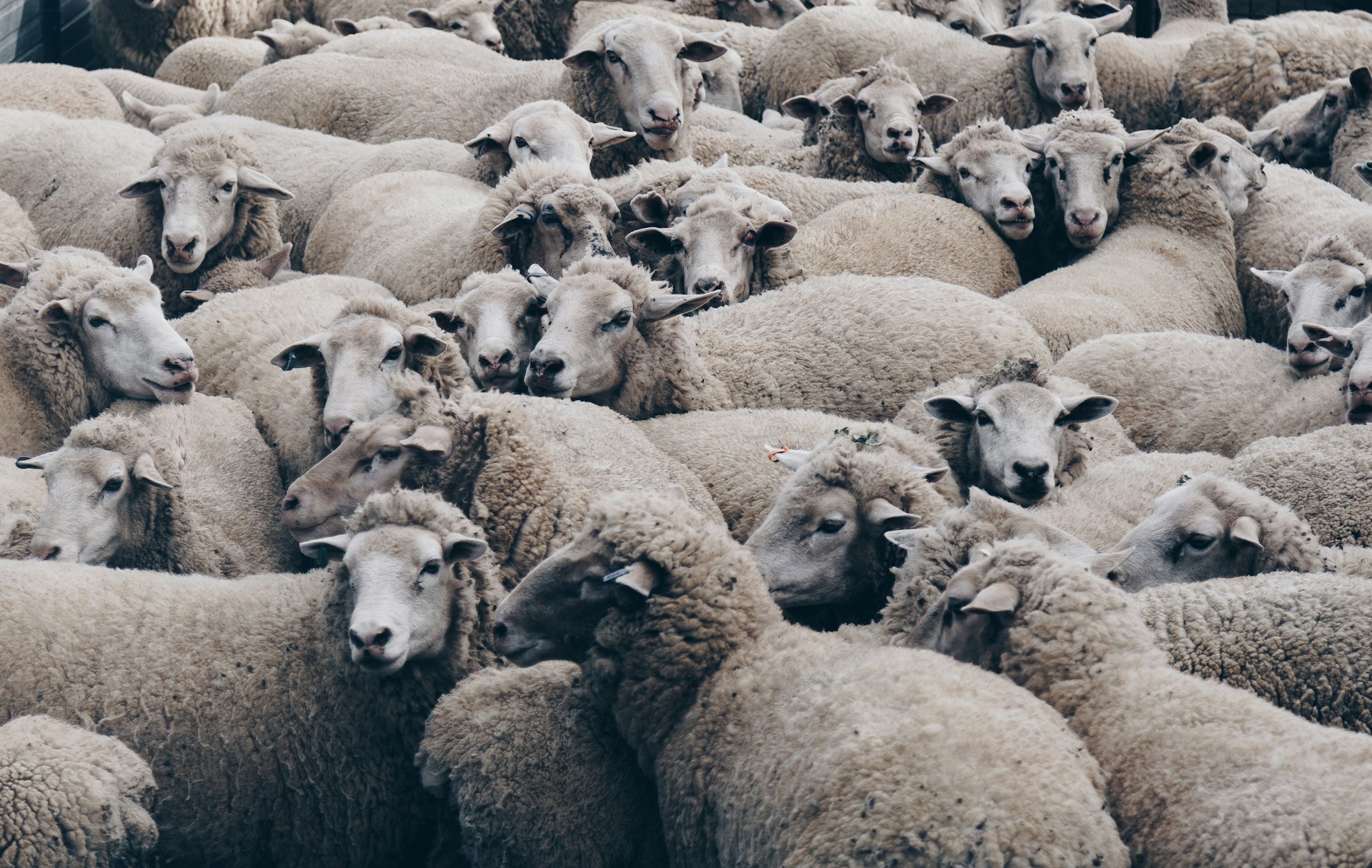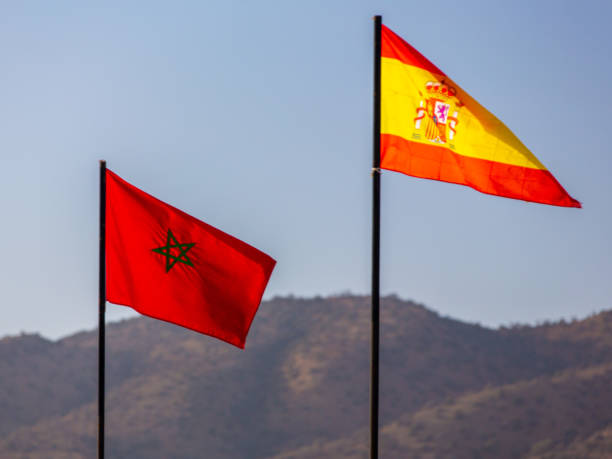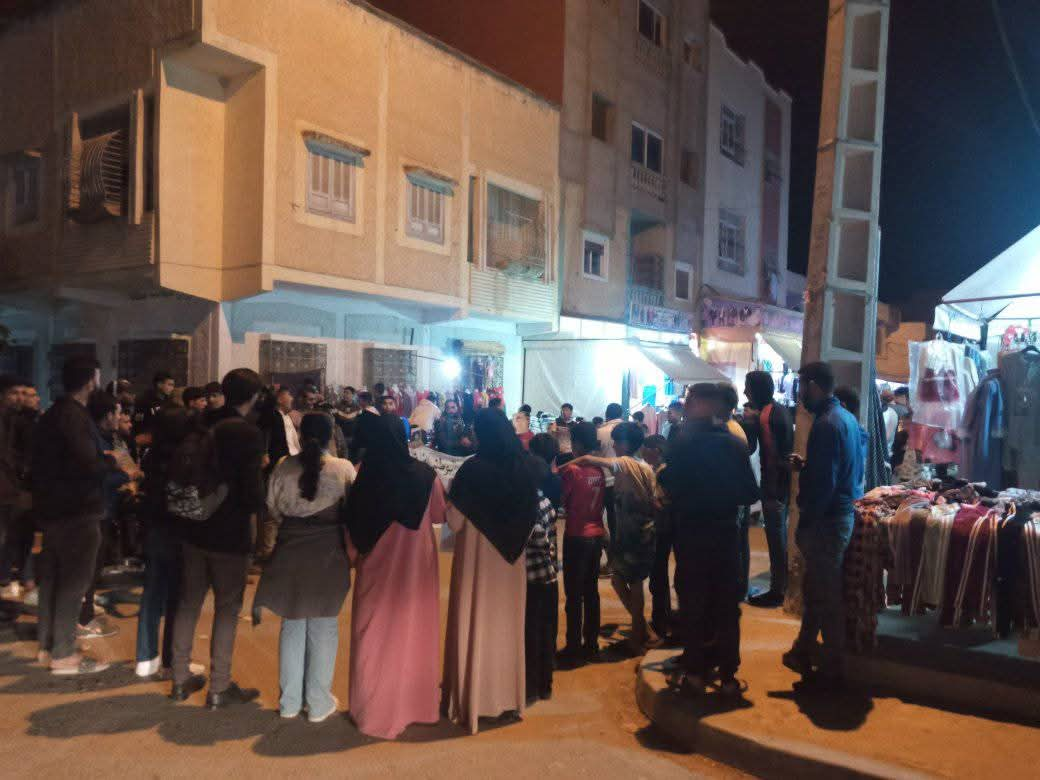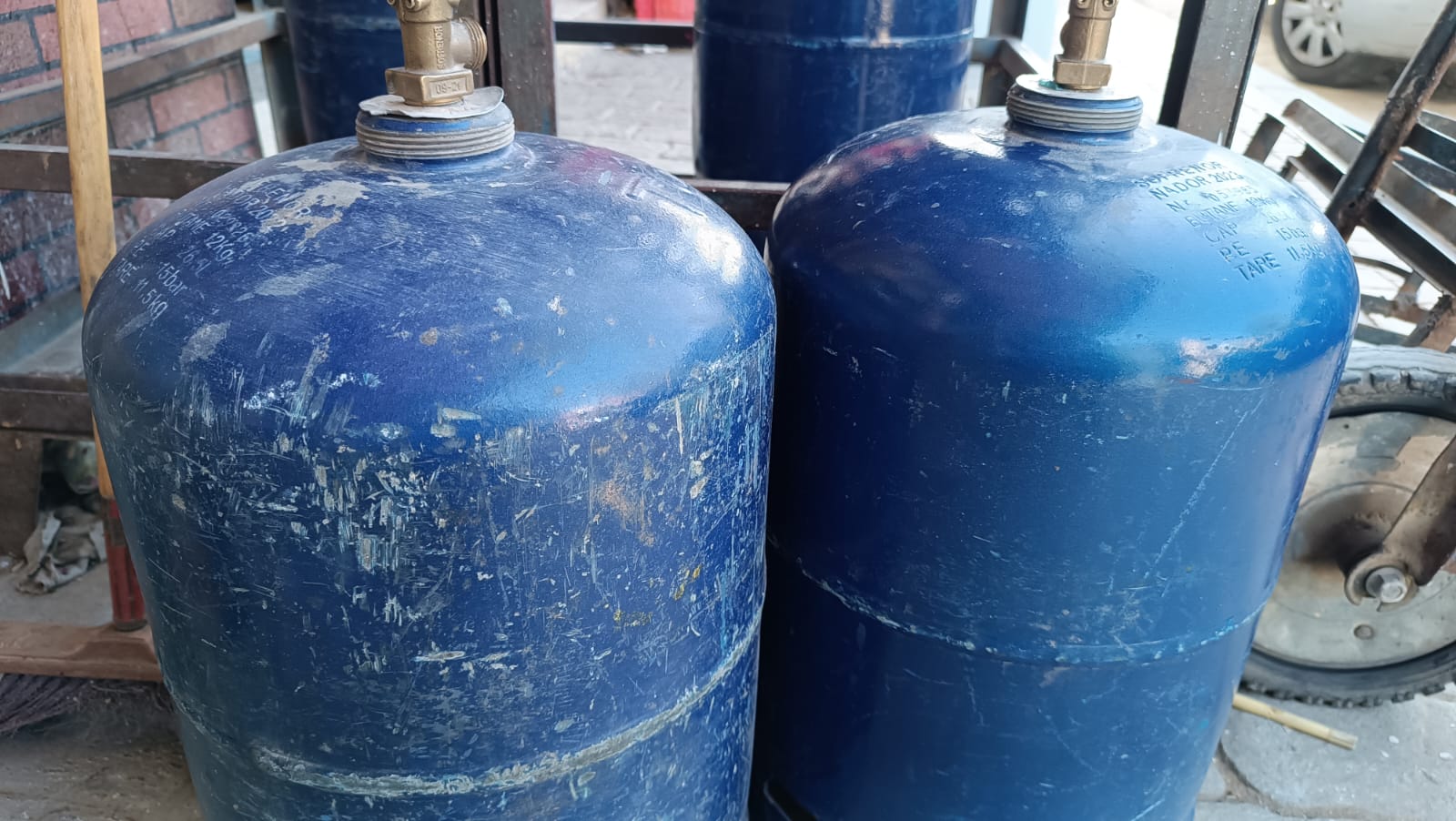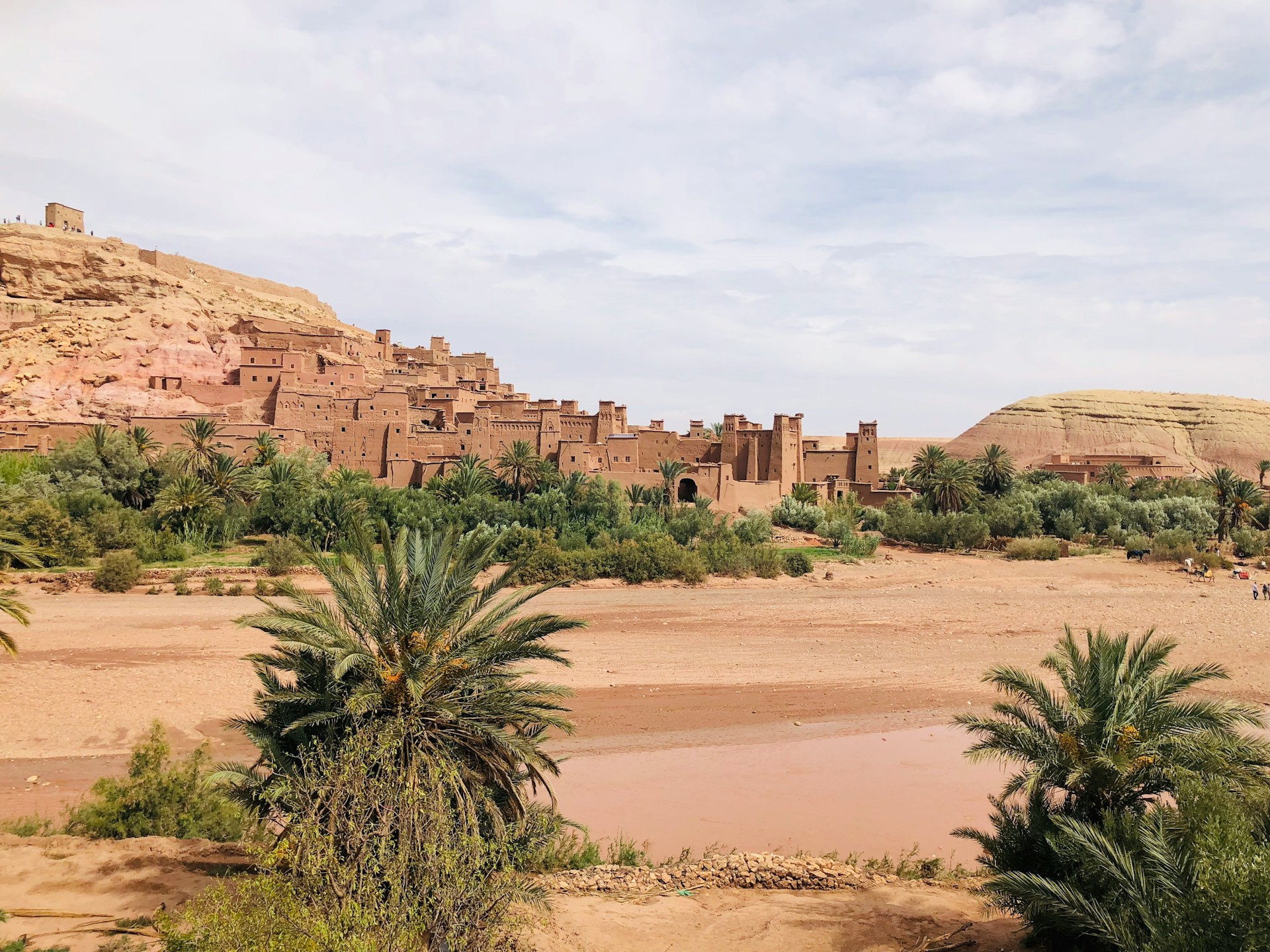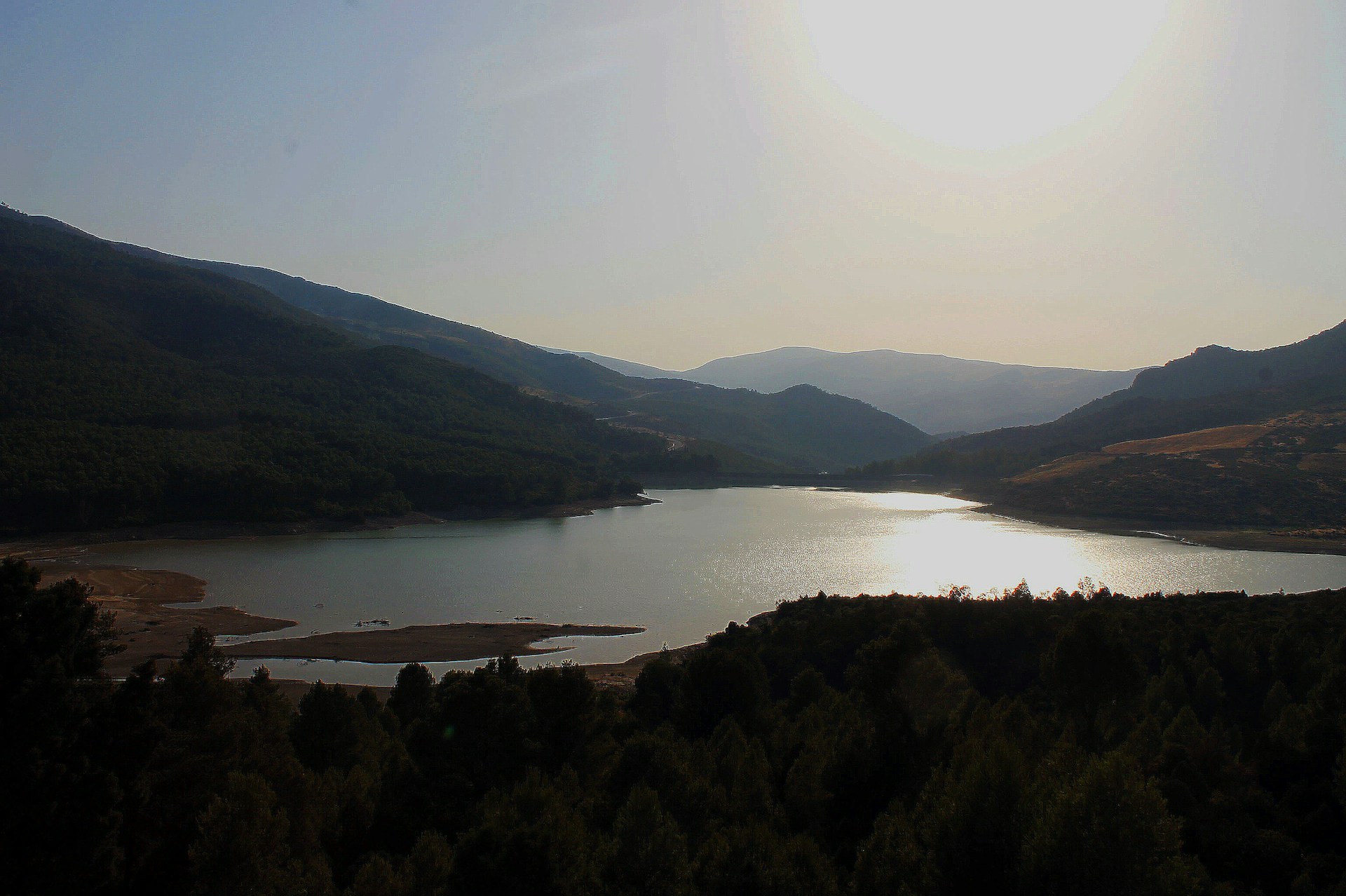Casablanca – In a proactive step to uphold the revered tradition of Eid al-Adha sacrifices amidst domestic supply challenges, the Moroccan government has embarked on its second consecutive year of temporary sheep imports. This strategic decision comes in response to mounting concerns over the condition of the national herd, exacerbated by successive years of drought.
During a recent session of the House of Councilors, Minister of Agriculture, Fisheries, Rural Development, Water, and Forests, Mohamed Sadiki, disclosed that the operation for importing sheep designated for Eid al-Adha slaughter has already reached 600,000. Expressing readiness to increase this figure to one million if necessary, Sadiki underscored the government’s commitment to ensuring a stable supply of sacrificial animals during this significant religious festival.
Participating importers stand to benefit from a subsidy of 500 dirhams ($51.54) per head, along with exemptions from customs and tax duties. However, the continuation of government support for importers has sparked concerns over inflated prices and the potential impact on citizens’ purchasing power.
Representatives have commended efforts to secure a sufficient supply of quality sheep but have also expressed dismay over the failure to maintain affordable prices for sacrificial animals. Emphasizing discrepancies between recommended and actual prices, they attribute the disparity to monopolistic practices by importers.
In response, Minister Sadiki assured advisors that measures have been implemented to address concerns and enhance transparency in the importation process. The ministry has introduced regulations specifying the quantity of sheep each importer can bring in, aiming to prevent speculative registrations and ensure efficient resource allocation.
Moreover, the government’s decision to import sheep from Romania and Spain further underscores its commitment to diversifying sources of livestock and mitigating domestic supply challenges. Last year, Romania exported 15,000 sheep to Morocco, contributing to efforts to bolster the national herd and alleviate the impact of the water crisis.
Eid al-Adha holds significant cultural and religious importance in Morocco, where families gather to commemorate Prophet Ibrahim’s willingness to sacrifice his son as an act of obedience to God. The tradition of sacrificing animals during this feast symbolizes faith, generosity, and sharing with those in need.
In addition to sheep imports, recent data from the Brazilian Beef Exporters Association (ABIEC) indicates an increase in beef imports to Morocco. Over 332 tons of Brazilian beef were imported in the first two months of this year, highlighting Morocco’s efforts to diversify its meat sources.
As preparations for Eid al-Adha continue, the Moroccan government remains steadfast in its commitment to implementing measures that support domestic farmers and enhance the resilience of the agricultural sector. The import of sheep from Romania and Spain represents a strategic intervention to meet religious and cultural needs while addressing concerns over domestic supply and livestock management.






